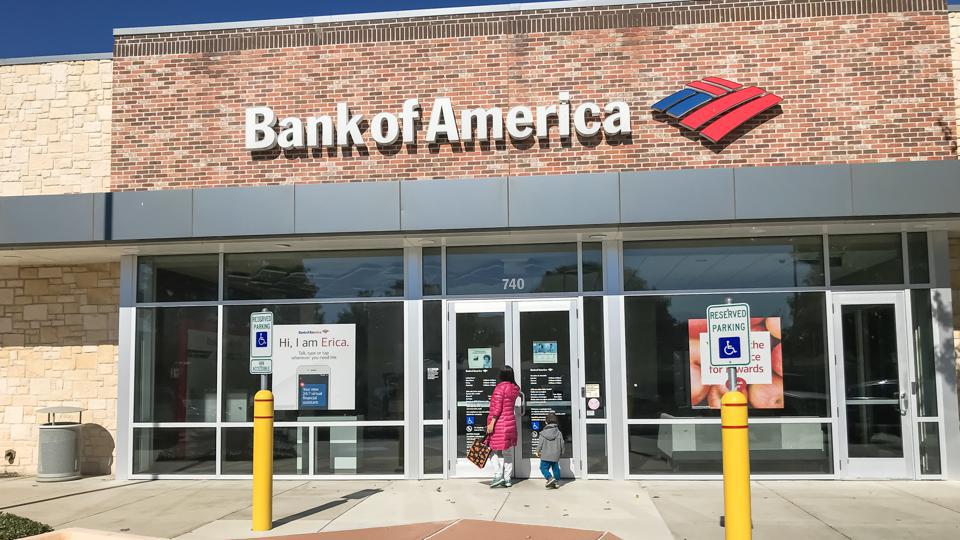Whenever the U.S. credit rating comes into view – as it did with Fitch’s surprise downgrade this week – it’s an opportunity to discuss the connection between money, debt and power and to explore how Bitcoin and crypto could upend those relationships.
To start with, let’s note that while a downgrade does reflect a moderately poorer outlook for the U.S. government’s finances, an actual default by the U.S. is highly unlikely, notwithstanding the Congressional game of debt-ceiling-chicken that periodically raises talk of a “technical default.” Countries that issue debt in their own currency rarely miss debt payments in the nominal sense, because they don’t need to. They can just print money to make repayments.
Of course, printing money to repay debts does not let governments off the hook. Doing so depreciates the exchange rate and reduces the currency’s purchasing power via inflation, thus imposing a form of tax on both the domestic population and foreign creditors. That undermines confidence among foreign investors and beads mistrust among taxpayers as a self-perpetuating cycle of collapsing exchange rates and higher prices arises.
In theory, these unhealthy economic outcomes should incentivize governments not to use expansive monetary policy to meet debts. But that assumes there’s democratic accountability, and international debt markets suggest that creditors judge different governments differently on that score. Many emerging-market governments across Latin America, Asia, Africa and Eastern Europe can’t issue debt in their own currencies because foreign lending institutions demand higher-than-affordable interest rates, leaving them with no option but to issue bonds in foreign currency – primarily in dollars.
Source : Coin Desk










